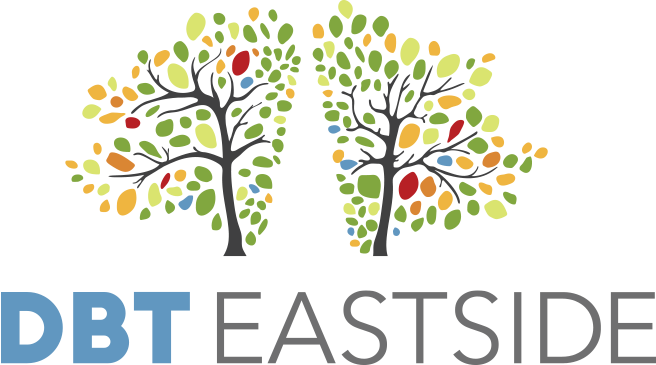“It is hard to be happy without a life worth living. This is a fundamental tenet of DBT. Of course, all lives are worth living in reality. No life is not worth living. But what is important is that you experience your life as worth living—one that is satisfying, and one that brings happiness.”
What is DBT?
Dialectical behavior therapy (DBT) is a type of behavioral therapy. It was originally developed to help treat those suffering from major suicidal thoughts and borderline personality disorder, but it can also help treat a wide range of other mental illnesses, such as depression and anxiety. If you or someone you love needs help with crisis management, regulating intense emotions, avoiding conflict, restraining impulses, becoming more organized and structured in life, delaying gratification, and tolerating distress, DBT could be a great fit for you. DBT was developed by professor and researcher Marsha Linehan, whose work dates back nearly four decades and continues to be the gold standard today. Based out of Bellevue, WA, DBT Eastside has provided life-changing behavioral health therapy to individuals and families around the Seattle area and throughout Washington State. Our team here at DBT Eastside was trained by Linehan’s team and our work focuses on teaching skills in the following categories:
being fully aware of the moment and being present in that moment at all times, without any interpretation or judgement
the ability to interact with others effectively and learning to get your needs met by asking for what you want or saying no and setting boundaries
the ability to tolerate the pain and emotion you can become overwhelmed with in stressful situations
the ability to manage and respond to the intense range of emotions you might feel on a daily basis; learning to take care of yourself physically as well as emotionally to reduce vulnerabilities
Questions to ask yourself (or a loved one) include:
1. Do I find my emotions to be overwhelming or out of my control?
2. Is it hard for me to build structure in my life?
3. Do I prefer to be spontaneous and go-with-the-flow?
4. Do I find myself oversharing how I feel at times?
5. Do I ever find myself regretting things I have said or done after the fact?
6. Am I having urges to engage in high-risk behaviors when I am upset?
7. Have loved one expressed worry for my health and/or safety?
If you think DBT could be a good fit for you or a loved one, call our intake line at 425-615-0605 for more information about how our program can help you! Our practice is based out of Bellevue, WA and through both in-person and virtual services we work with people in all around the Seattle area and throughout Washington State.





